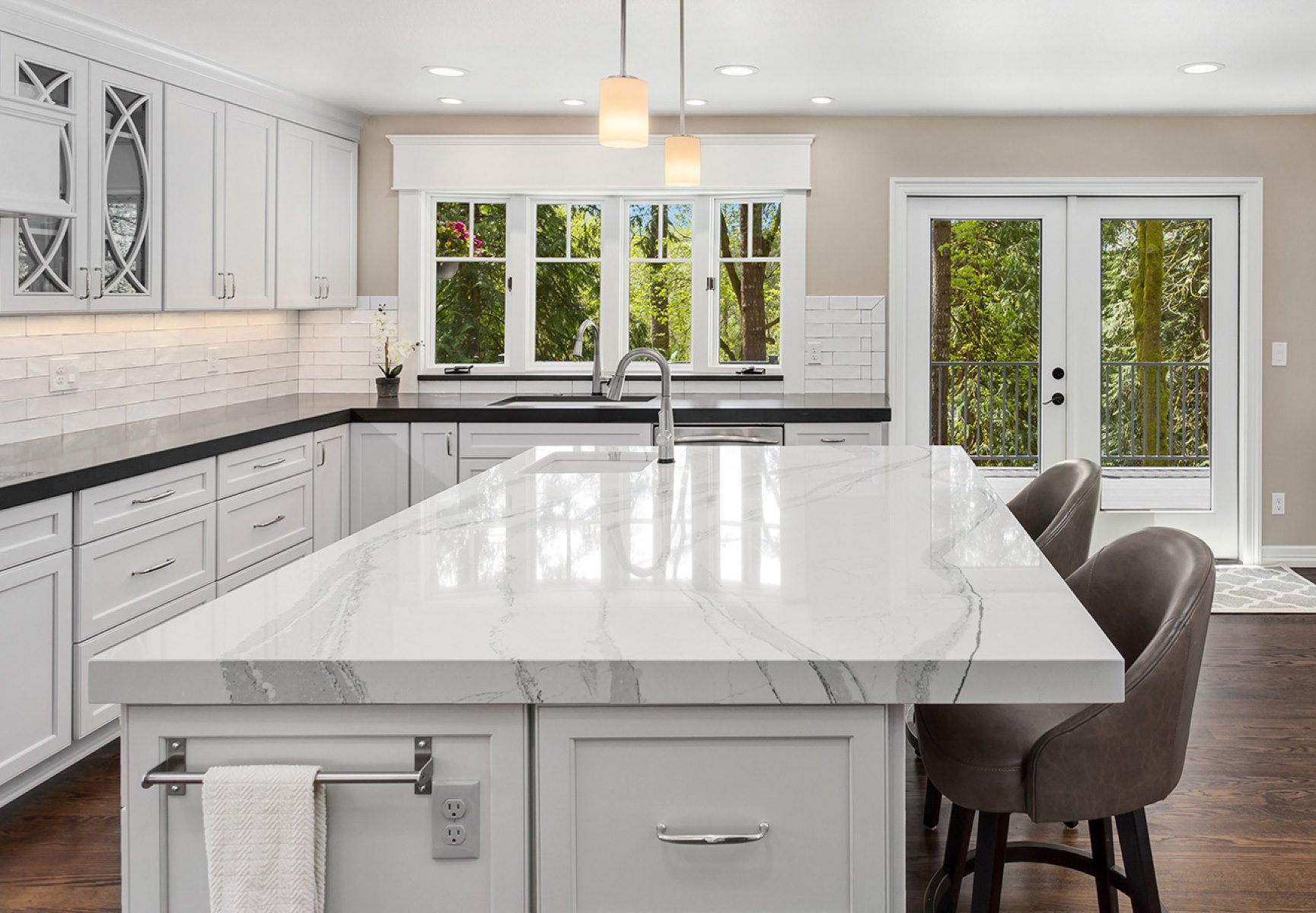

Articles
What Are Prefab Countertops
Modified: March 2, 2024
Discover the benefits of using prefab countertops with our informative articles. Find out everything you need to know about these affordable and time-saving options for your next kitchen renovation.
(Many of the links in this article redirect to a specific reviewed product. Your purchase of these products through affiliate links helps to generate commission for Storables.com, at no extra cost. Learn more)
Introduction
When it comes to remodeling or building a new kitchen or bathroom, choosing the right countertops is a crucial decision. Countertops not only serve as functional surfaces but also play a significant role in the overall aesthetic appeal of the space. If you’re looking for a convenient and cost-effective option, prefab countertops might be the perfect solution.
Prefab, short for prefabricated, refers to countertops that are pre-cut and pre-finished in a factory to standard sizes and specifications. They are designed to be easily installed, saving you time and money compared to custom-made countertops. With their convenience, affordability, and wide range of options, prefab countertops have become increasingly popular among homeowners and builders.
In this article, we will explore everything you need to know about prefab countertops, including their definition, pros and cons, common materials used, installation process, maintenance tips, cost comparison with custom countertops, and popular brands and suppliers.
So, if you’re considering prefab countertops for your next remodeling project or new construction, read on to discover the advantages, disadvantages, and other important factors to help you make an informed decision.
Key Takeaways:
- Prefab countertops offer affordability, convenience, and a wide range of options, making them a practical choice for homeowners and builders seeking quality surfaces without the need for custom fabrication.
- While prefab countertops may have limitations in customization and quality variations, understanding the cost comparison and researching reputable brands can help homeowners make informed decisions based on their budget and desired level of customization.
Read more: How To Design A Prefab House
Definition of Prefab Countertops
Prefab countertops, also known as prefabricated countertops, are pre-cut and pre-finished surfaces made from various materials such as granite, quartz, marble, or laminate. These countertops are manufactured in standard sizes and dimensions to fit common kitchen or bathroom layouts.
Unlike custom countertops that are made to order and tailored to specific measurements, prefab countertops are mass-produced in a factory and available in ready-to-install pieces. This means that they have predetermined lengths, widths, and thicknesses, allowing for easy selection and quick installation.
Prefab countertops come in a variety of styles, colors, and finishes to suit different design preferences. Whether you’re looking for a sleek and modern look or a classic and timeless appearance, there is a prefab countertop option to match your aesthetic vision.
Due to their standardized nature, prefab countertops are typically more affordable than custom-made countertops. The cost savings come from the reduced labor and production time required, as well as the efficient use of materials. This makes prefab countertops an attractive choice for those on a budget or looking to save money without compromising on quality.
It’s worth noting that while prefab countertops offer convenience and cost-effectiveness, they may not be suitable for every kitchen or bathroom layout. Since they come in pre-determined sizes, they may not fit perfectly in spaces with unconventional dimensions or unique architectural features. In such cases, custom countertops may be a better option to ensure a precise fit.
Overall, prefab countertops offer a practical and budget-friendly choice for homeowners and builders who want quality surfaces without the time and expense of custom fabrication. With their ease of installation and wide range of options, they have gained popularity in the construction and remodeling industry.
Pros of Prefab Countertops
Prefab countertops offer several advantages that make them a popular choice among homeowners and builders. Here are some of the key benefits:
- Affordability: One of the major advantages of prefab countertops is their cost-effectiveness. Since they are mass-produced in standard sizes and dimensions, they are generally more affordable than custom-made countertops. This makes prefab countertops a great option for those on a tight budget or looking to save money on their remodeling or construction project.
- Convenience: Prefab countertops come pre-cut and pre-finished, which means they are ready to install right out of the box. This saves you time and effort compared to custom countertops, which require a longer production and fabrication process. With prefab countertops, you can quickly and easily upgrade your kitchen or bathroom without the hassle of lengthy waiting periods.
- Wide Range of Options: Despite being mass-produced, prefab countertops offer a diverse selection of materials, styles, colors, and finishes. Whether you prefer the natural beauty of granite, the durability of quartz, or the affordability of laminate, you can find a prefab countertop to match your design preferences. The availability of different options ensures that you can find a suitable countertop for your specific needs and aesthetic vision.
- Consistency: Since prefab countertops are manufactured in a controlled factory environment, they offer a high level of consistency in terms of quality and appearance. Each piece is crafted to meet certain standards and specifications, ensuring a uniform look throughout your kitchen or bathroom. This consistency is especially beneficial if you’re looking to maintain a cohesive design theme or want to match multiple countertops in the same space.
- Easy Installation: Installing prefab countertops is a straightforward process that can be done by a professional or even a skilled DIY enthusiast. Since they come pre-cut to standard sizes, they fit easily into most kitchen or bathroom layouts. This eliminates the need for complex and time-consuming measurements and cutting that are required for custom countertops. With prefab countertops, you can save both time and effort during the installation process.
Overall, prefab countertops offer a cost-effective, convenient, and versatile option for those looking to enhance their kitchen or bathroom spaces. With their affordability, wide range of choices, and easy installation, they provide a practical solution for homeowners and builders seeking quality surfaces without the need for custom fabrication.
Cons of Prefab Countertops
While prefab countertops offer several advantages, it’s important to consider the potential drawbacks as well. Here are some of the cons associated with prefab countertops:
- Limited Customization: Prefab countertops are available in standard sizes and dimensions, which means they may not be suitable for kitchens or bathrooms with unique layouts or unconventional measurements. If you have irregular-shaped countertops or require precise customization, custom-made countertops might be a better option. Prefab countertops may limit your ability to achieve a truly tailored and personalized look.
- Quality Variations: Since prefab countertops are mass-produced, there may be variations in quality across different brands and suppliers. Some prefab countertops may not meet the same level of craftsmanship and durability as custom-made countertops. It’s important to research and choose reputable brands or suppliers to ensure that you are getting a high-quality product that will stand the test of time.
- Limited Thickness Options: While prefab countertops come in a variety of materials and finishes, the range of available thicknesses may be more limited compared to custom countertops. If you prefer a thicker countertop surface or need a specific thickness for your project, custom fabrication would be a better choice to achieve the desired result.
- Difficulty in Repair: In the event of damage or wear, repairing prefab countertops can be more challenging compared to custom-made countertops. Prefab countertops often require a full replacement of the damaged section rather than a simple repair. This can be more expensive and time-consuming, especially if the original prefab countertop is no longer available and needs to be matched to the existing countertops.
- Reduced Value for Resale: Although prefab countertops offer a cost-effective solution, they may not add as much value to your home compared to custom countertops. Custom-made countertops are often seen as a higher-end feature and can be a selling point for potential buyers. If you’re planning to sell your home in the future, investing in custom countertops may provide a better return on investment.
It’s important to weigh these cons against the benefits and your specific needs when considering prefab countertops. While they may not offer the same level of customization and durability as custom-made countertops, they can still be a practical and cost-effective choice for many homeowners and builders.
Common Materials used in Prefab Countertops
Prefab countertops are available in a wide range of materials, each with its own unique characteristics and aesthetic appeal. Here are some of the most common materials used in prefab countertops:
- Granite: Granite is a popular choice for prefab countertops due to its natural beauty and durability. It is a natural stone that comes in a variety of colors and patterns, making each countertop unique. Granite is heat and scratch-resistant, making it an excellent choice for kitchens. It does require regular sealing to protect against stains and moisture.
- Quartz: Quartz countertops, also known as engineered stone countertops, are made from a combination of natural quartz crystals and resins. They offer a wide range of colors and patterns and have a sleek and modern appearance. Quartz countertops are non-porous, making them resistant to stains and bacteria. They are also scratch and heat-resistant, making them a durable choice for busy kitchens.
- Marble: Marble countertops exude elegance and sophistication with their smooth and luxurious appearance. They come in various shades of white and gray, often featuring striking veining patterns. Marble is a softer stone compared to granite and quartz, so it may be more prone to scratches and staining. Regular sealing and careful maintenance are necessary to preserve its beauty.
- Laminate: Laminate countertops are a more affordable option compared to natural stone countertops. They are made of a thin layer of plastic or laminate adhered to a particleboard or plywood core. Laminate countertops come in a wide range of colors and patterns, including designs that mimic the look of natural stone. They are easy to clean and maintain but may show signs of wear over time.
- Solid Surface: Solid surface countertops are made of synthetic materials like acrylic or polyester resins. They offer a consistent and seamless appearance, with no visible seams or joints. Solid surface countertops are available in a variety of colors and can be easily repaired if scratched or damaged. They are non-porous, making them resistant to stains and easy to clean.
These are just a few examples of the common materials used in prefab countertops. Other materials, such as concrete, stainless steel, and wood, are also available depending on your preferences and specific needs. When choosing the material for your prefab countertop, consider factors such as durability, maintenance requirements, and aesthetic appeal to find the perfect fit for your kitchen or bathroom.
When choosing prefab countertops, consider the material, size, and edge profile to ensure it fits your space and style. Also, measure your space accurately before purchasing.
Read more: How To Clean A Prefab Shower Towel Bar
Installation Process of Prefab Countertops
The installation process of prefab countertops is relatively straightforward and can be completed by a professional installer or a skilled DIY enthusiast. Here is a general overview of the installation process:
- Measurements and Planning: Before installing prefab countertops, accurate measurements of the area where they will be placed are essential. This ensures that the countertops fit properly and align with other elements in the space. Once the measurements are taken, it’s important to plan the layout and placement of the countertops, including any necessary cutouts for sinks, faucets, or appliances.
- Preparation: Prior to installation, ensure that the cabinets or support structure where the countertops will be installed are sturdy and level. Any necessary adjustments or repairs to the cabinets should be done beforehand. It’s also advisable to turn off the water supply and disconnect any plumbing connections around the area to avoid any damage or unwanted leaks during the installation process.
- Placement and Alignment: Once the preparation is complete, the prefab countertops can be positioned on top of the cabinets. Ensure that they are level and aligned correctly. Use shims if necessary to ensure an even and stable surface. It’s important to check the alignment and make any adjustments before moving on to the next step.
- Securement: Once the countertops are in position, they need to be securely attached to the cabinets or support structure. This can be done using screws, brackets, or adhesive depending on the specific instructions provided by the manufacturer. Take care to follow the manufacturer’s guidelines to ensure a secure and long-lasting installation.
- Sealing and Finishing: After the countertops are securely installed, it’s important to apply a sealant to protect the surface from stains and moisture. Follow the recommended sealant and application method provided by the manufacturer. Additionally, any visible seams or junctions between the prefab sections can be sealed or filled to create a seamless look.
- Reconnect and Test: Once the countertops are in place and sealed, reconnect the plumbing and test for any leaks. Ensure that all connections are secure and functioning properly. This is also a good time to clean the countertops using appropriate cleaning products recommended for the specific material of the prefab countertops.
It’s worth noting that these steps provide a general overview of the installation process. Specific instructions may vary depending on the material and brand of prefab countertops. It is always advisable to carefully read and follow the manufacturer’s instructions to ensure a successful and professional installation.
Maintenance and Care Tips for Prefab Countertops
Maintaining and caring for your prefab countertops is essential to preserving their beauty, durability, and longevity. Here are some maintenance and care tips to keep your countertops looking their best:
- Regular Cleaning: For day-to-day cleaning, use a mild soap or a non-abrasive kitchen cleaner and a soft cloth or sponge. Avoid using harsh chemicals or abrasive cleaners that can damage the surface of the countertops. Wipe up spills promptly to prevent staining.
- Avoid Heavy Impact: Although prefab countertops are designed to be durable, it’s important to avoid dropping heavy objects or applying excessive force on the surface. This can cause chips, cracks, or scratches. Use cutting boards and trivets to protect the countertops from direct contact with hot cookware and sharp knives.
- Sealing (if applicable): Some prefab countertops, such as natural stone countertops, may require periodic sealing to protect against staining and moisture. Follow the manufacturer’s guidelines for sealing frequency and use a high-quality stone sealer that is suitable for the specific material of your countertops.
- Avoid Harsh Chemicals: Avoid using harsh chemicals, bleach, abrasive scrubbers, or scouring pads on your prefab countertops. These can damage the surface and cause discoloration or dullness. Opt for gentle and non-abrasive cleaners specifically formulated for the material of your countertops.
- Preventive Measures: Use coasters, placemats, and trivets to protect the countertops from hot dishes, moisture, and staining agents like wine or acidic liquids. Be cautious with hair dyes, nail polish, and other chemicals that can stain or damage the countertops. Immediately clean up any spills or stains to prevent them from setting.
- Regular Maintenance: Inspect your countertops regularly for any signs of damage or wear. Address any issues promptly, such as resealing if necessary or repairing any chips or scratches. Follow the maintenance recommendations provided by the manufacturer to ensure the longevity of your countertops.
Remember, even though prefab countertops are resistant to heat, scratching, and staining, proper care and maintenance are still crucial to extend their lifespan. By following these simple tips, you can keep your prefab countertops looking beautiful and in top condition for years to come.
Cost Comparison of Prefab Countertops vs Custom Countertops
When it comes to choosing countertops for your kitchen or bathroom, cost is often a significant factor. Let’s compare the cost differences between prefab countertops and custom countertops:
Prefab Countertops:
Prefab countertops are generally more affordable than custom countertops. They are mass-produced in standard sizes and dimensions, which reduces manufacturing costs and labor time. Prefab countertops are readily available and can be purchased from home improvement stores or specialized suppliers at competitive prices. The cost of prefab countertops varies depending on the material chosen, with laminate being the most budget-friendly option and natural stone like granite or quartz being on the higher end of the price spectrum.
Custom Countertops:
Custom countertops are made to order and tailored to your specific measurements and design preferences. This customization process requires skilled craftsmanship and additional production time, which makes custom countertops more expensive compared to prefab countertops. The cost of custom countertops can vary significantly depending on the material chosen, complexity of the design, and any additional features or special requests. Natural stone, such as marble or exotic granite, tends to be more expensive than other materials like laminate or solid surface.
Factors to Consider:
When comparing the cost of prefab countertops to custom countertops, it’s important to consider a few factors:
- Design Flexibility: Custom countertops offer more flexibility in terms of design options, edge profiles, and unique features. If you have specific design preferences that cannot be achieved with prefab countertops, custom fabrication may be worth the additional cost.
- Installation: Custom countertops often require professional installation due to their complexity and precise measurements. This can add to the overall cost of custom countertops. On the other hand, prefab countertops can be installed by professionals or even by skilled DIY enthusiasts, saving on installation costs.
- Long-Term Value: While prefab countertops are cost-effective upfront, custom countertops may provide a higher return on investment in terms of home value. Custom countertops, especially those made from high-end natural stone, are often seen as a premium feature and can contribute to the overall desirability and resale value of your home.
In summary, prefab countertops are generally more affordable compared to custom countertops. However, custom countertops offer greater design flexibility and potential long-term value. When making your decision, consider your budget, desired design options, and the overall value you hope to achieve from your investment.
Popular Brands and Suppliers of Prefab Countertops
When it comes to purchasing prefab countertops, it’s important to choose reputable brands and suppliers that offer quality products. Here are some popular brands and suppliers known for their wide range of prefab countertops:
1. Wilsonart: Wilsonart is a well-known brand that offers a diverse selection of laminate countertops. They provide a wide range of colors, textures, and patterns to suit various design styles. Wilsonart countertops are known for their durability, affordability, and easy maintenance. 2. Formica: Formica is another trusted brand that specializes in laminate countertops. They offer a vast array of colors, finishes, and patterns. Formica countertops are known for their affordability, low maintenance, and versatility in design. 3. Silestone: Silestone is a popular brand for quartz countertops. They offer a wide range of quartz surfaces in different colors and patterns to suit various design aesthetics. Silestone countertops are known for their durability, non-porous nature, and resistance to stains and scratches. 4. Cambria: Cambria is known for its high-quality quartz countertops. They offer a vast selection of designs inspired by natural stone, with a focus on durability, aesthetics, and functionality. Cambria countertops are made with 100% pure quartz and are known for their strength, resistance to staining, and low maintenance requirements. 5. Caesarstone: Caesarstone is a well-established brand that produces quartz countertops with a focus on style, durability, and sustainability. They offer a wide range of colors and finishes to suit different design preferences. Caesarstone countertops are known for their durability, non-porous surface, and resistance to heat, stains, and scratches. 6. MSI (M S International, Inc.): MSI is a renowned supplier of a wide range of stone countertops, including granite, marble, and quartzite. They offer a vast selection of colors and patterns to match various design aesthetics. MSI countertops are known for their quality, durability, and natural beauty. 7. Pental Surfaces: Pental Surfaces specializes in natural stone and quartz surfaces for countertops. They offer a variety of materials, including granite, marble, quartz, and more. Pental Surfaces countertops are known for their high-quality craftsmanship, wide range of designs, and exceptional customer service. 8. Home Depot: Home Depot is a well-known home improvement retailer that offers a variety of prefab countertops from different brands. They provide a wide selection of materials, including laminate, quartz, granite, and more. Home Depot is known for its accessibility, competitive pricing, and extensive options for prefab countertops.
These are just a few examples of popular brands and suppliers of prefab countertops. It’s always recommended to research and compare different brands, read customer reviews, and consult with professionals to ensure you choose the best option for your specific needs and preferences.
Read more: What Are Dekton Countertops
Conclusion
Prefab countertops offer a convenient and cost-effective solution for homeowners and builders looking to upgrade their kitchens or bathrooms. With their affordability, wide range of materials and finishes, and ease of installation, prefab countertops have become increasingly popular in the construction and remodeling industry.
While there are some limitations, such as less customization options and potential variations in quality, prefab countertops provide several advantages. They are a budget-friendly option, saving both time and money compared to custom-made countertops. With a variety of materials available, including granite, quartz, marble, laminate, and more, homeowners can choose a prefab countertop that suits their aesthetic preferences and functional needs.
When installing prefab countertops, proper measurements and preparation are crucial for a successful installation. Following the manufacturer’s guidelines, securing the countertops, and applying the necessary sealant ensure a long-lasting and attractive finished product.
Regular maintenance and care are essential to preserve the beauty and durability of prefab countertops. Simple steps like regular cleaning, avoiding harsh chemicals, and protective measures can go a long way in maintaining their appearance and functionality. Additionally, understanding the cost comparison between prefab countertops and custom countertops allows homeowners to make informed decisions based on their budget and desired level of customization.
Popular brands and suppliers offer a wide range of prefab countertops, from laminate to natural stone options like granite and quartz. Researching reputable brands, reading customer reviews, and consulting professionals can help homeowners find the best prefab countertops for their specific needs.
In conclusion, prefab countertops provide a practical and cost-effective solution for those looking to enhance the beauty and functionality of their kitchens and bathrooms. By considering the pros and cons, materials, installation process, maintenance, and cost comparison, homeowners can make an informed decision that suits their preferences, budget, and lifestyle.
Frequently Asked Questions about What Are Prefab Countertops
Was this page helpful?
At Storables.com, we guarantee accurate and reliable information. Our content, validated by Expert Board Contributors, is crafted following stringent Editorial Policies. We're committed to providing you with well-researched, expert-backed insights for all your informational needs.
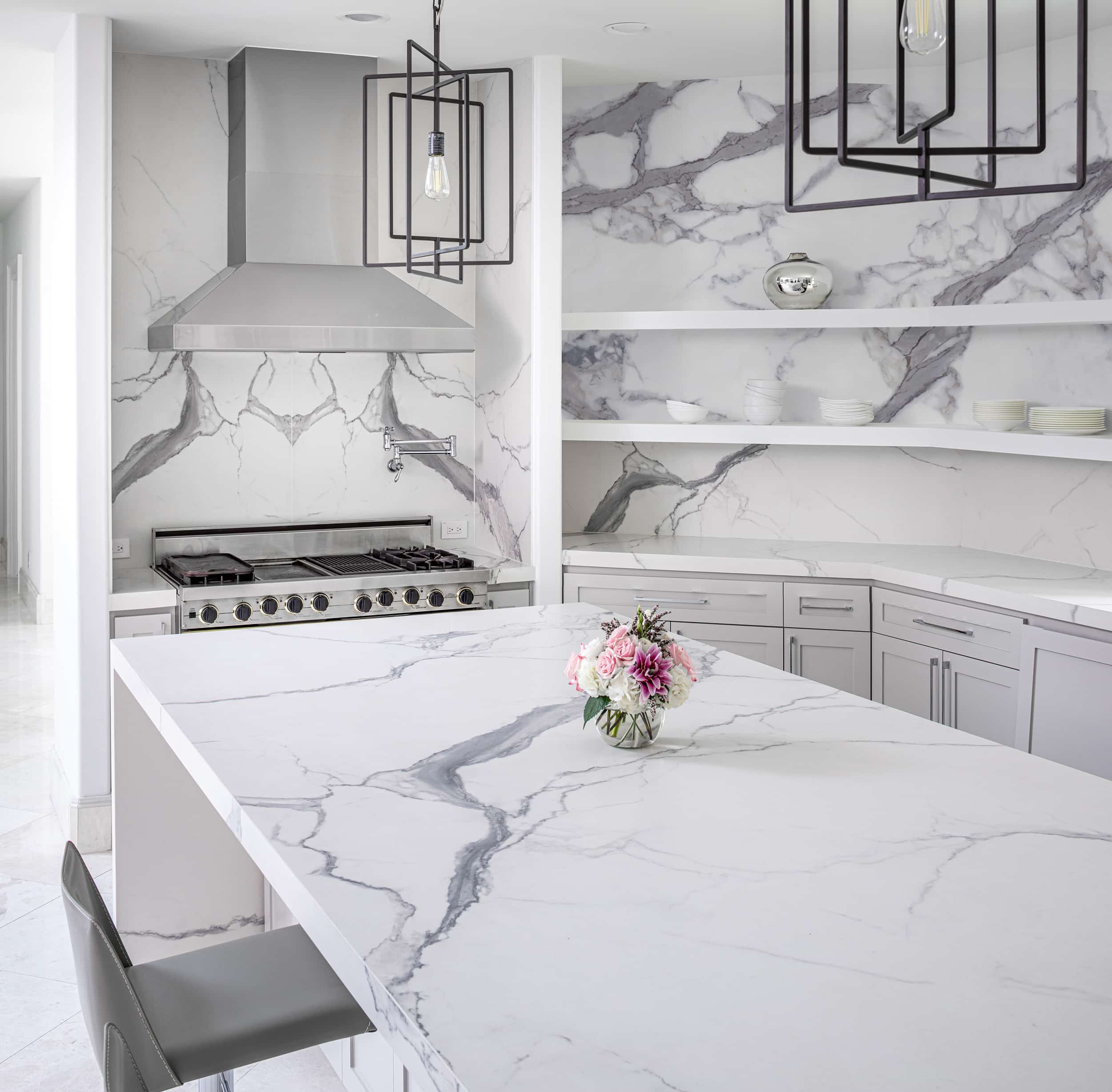
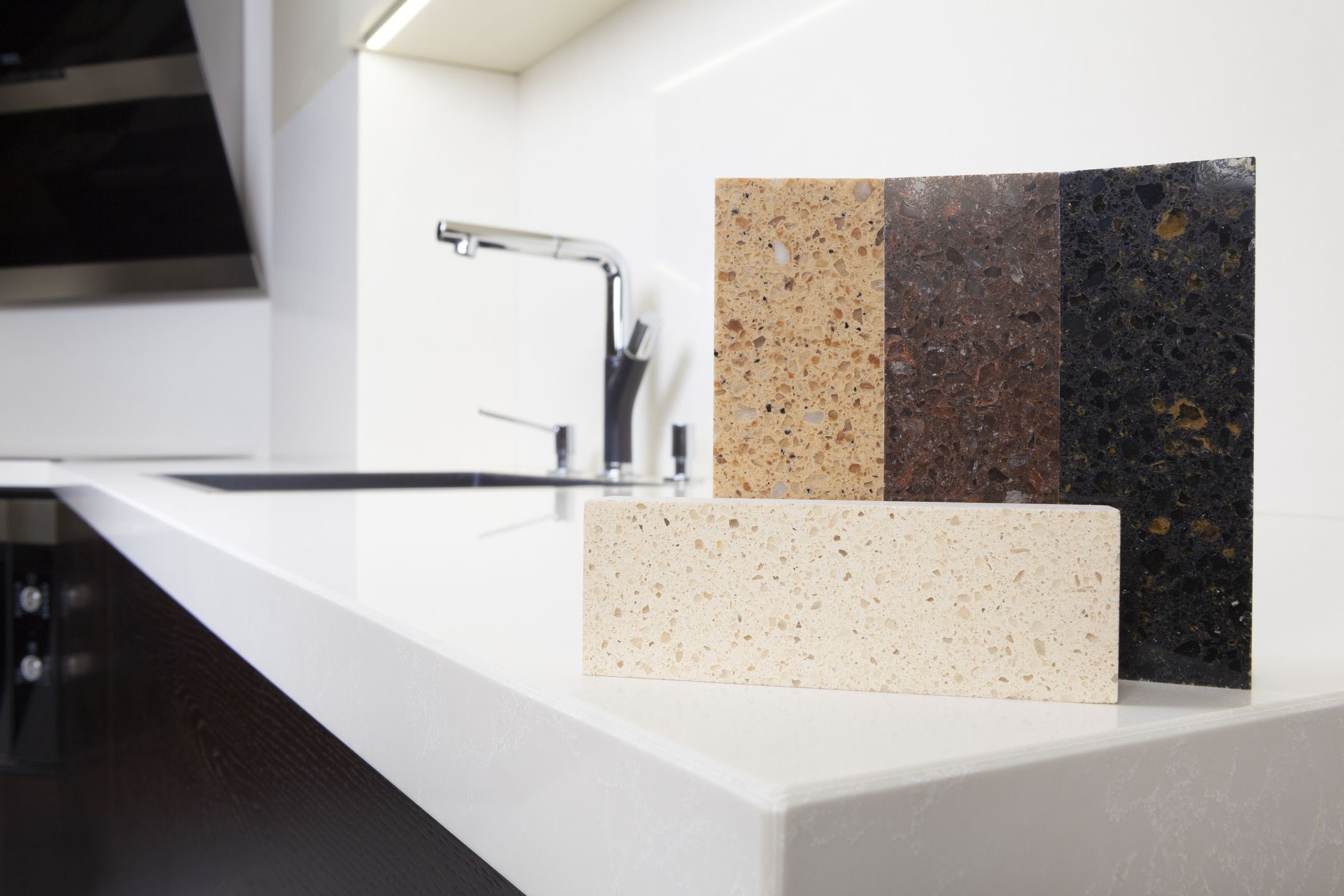
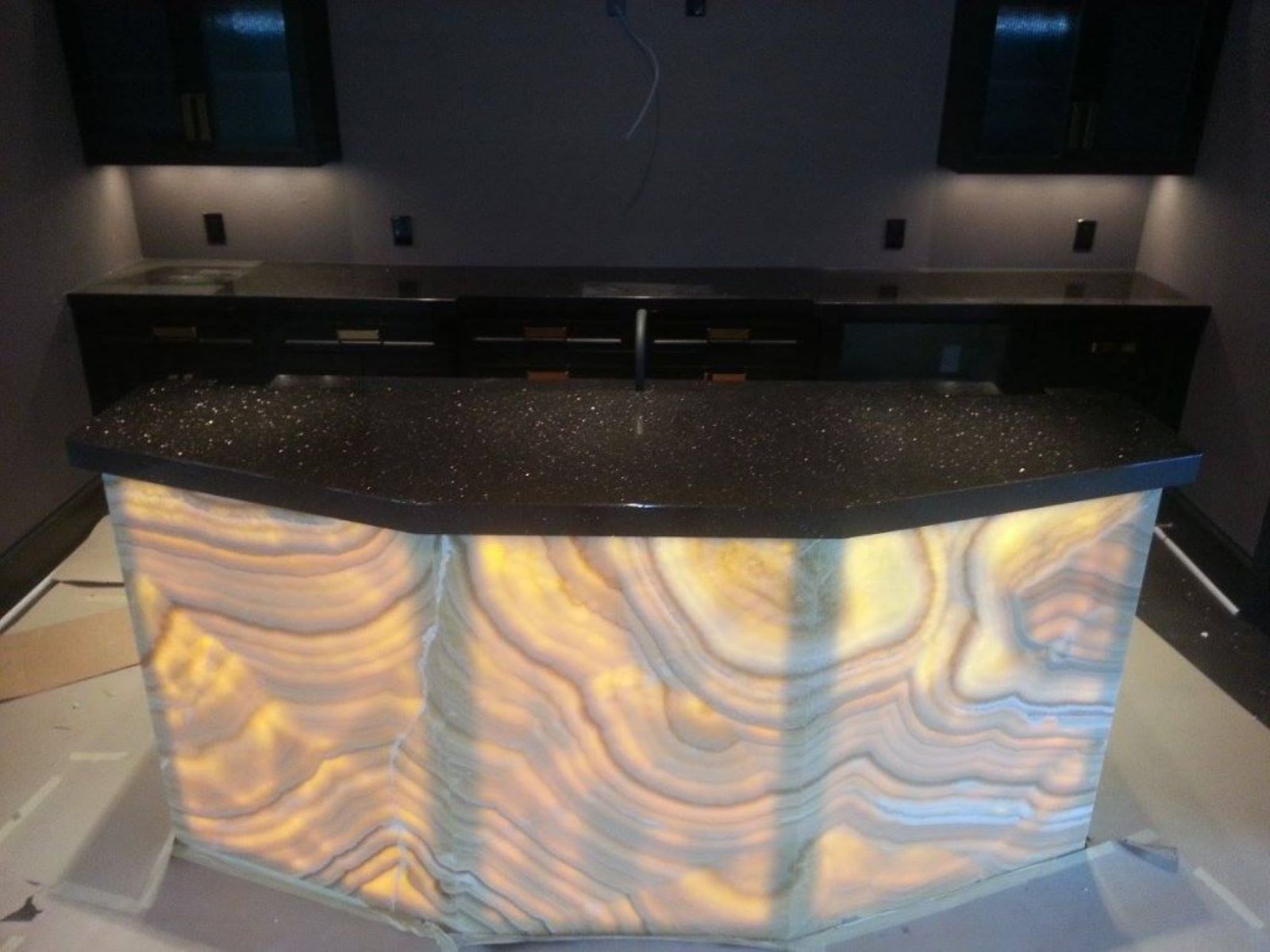
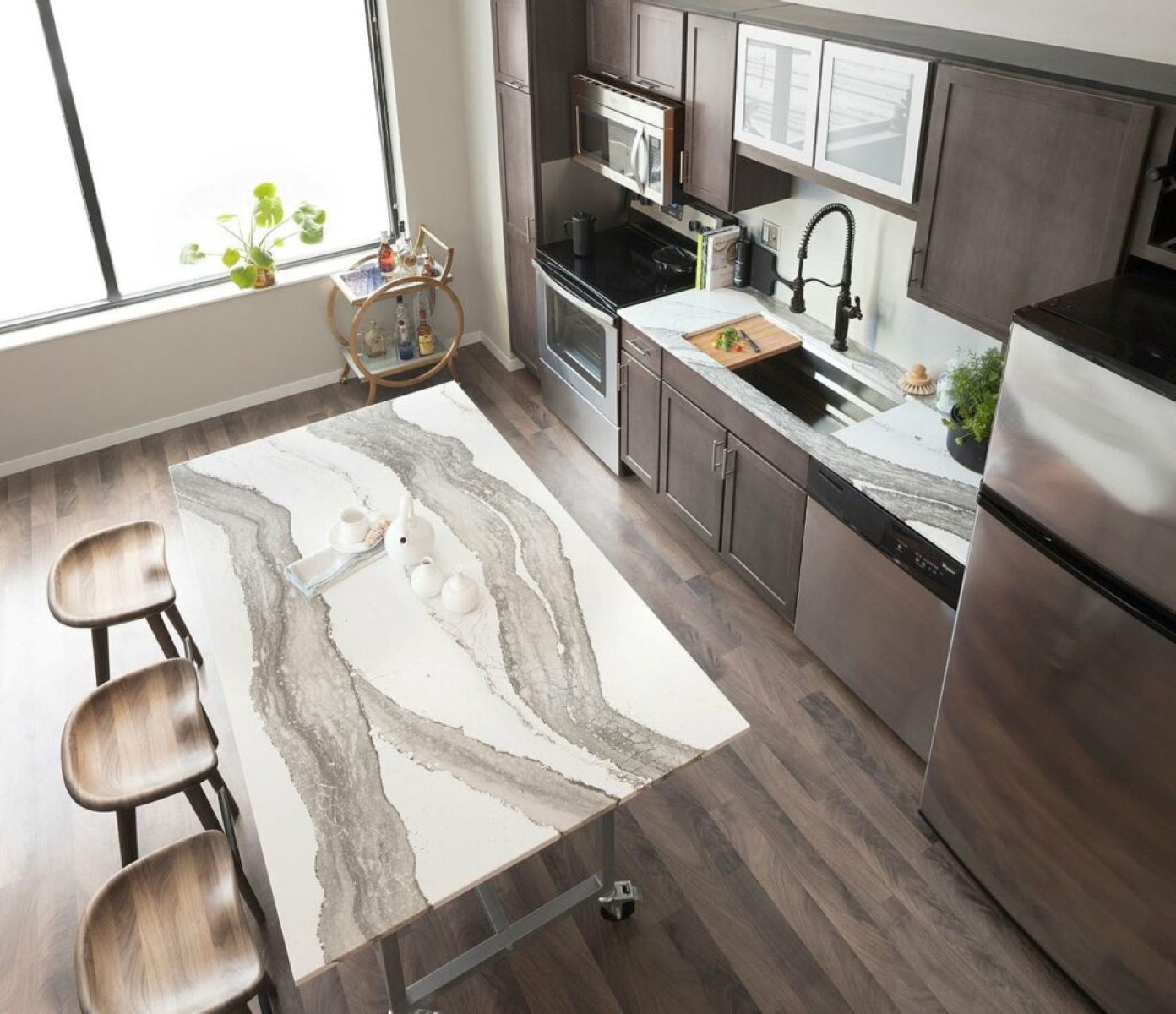
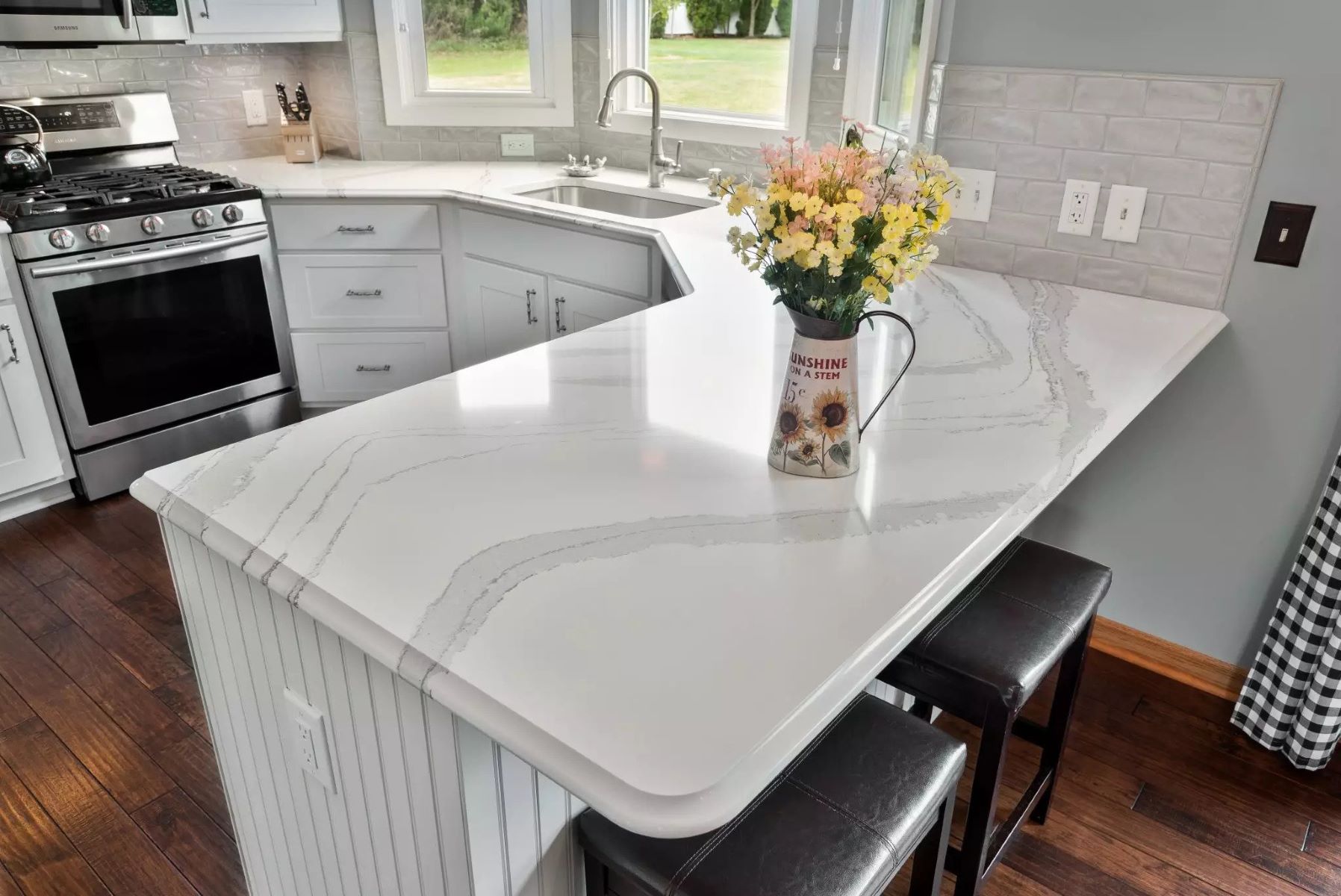
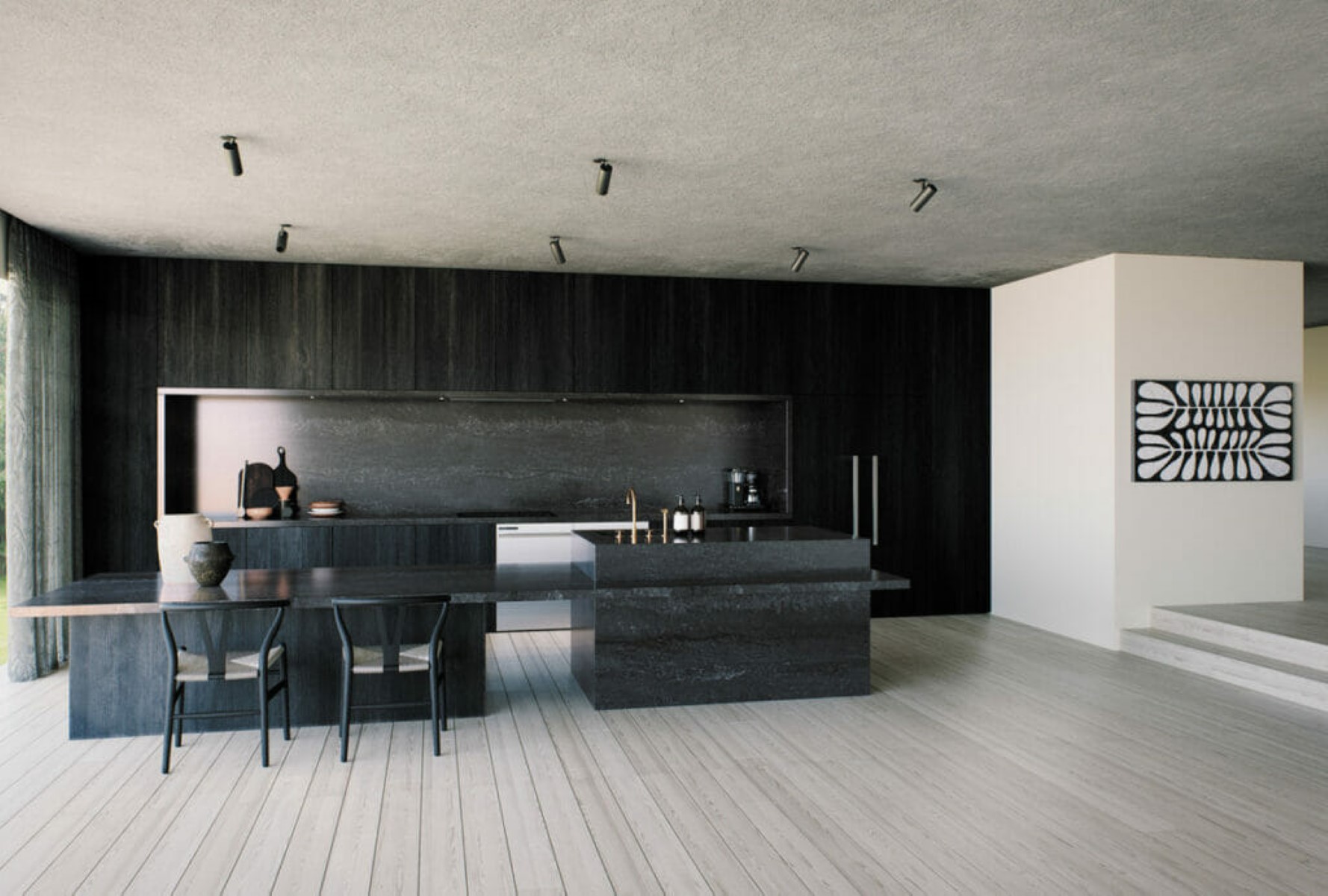
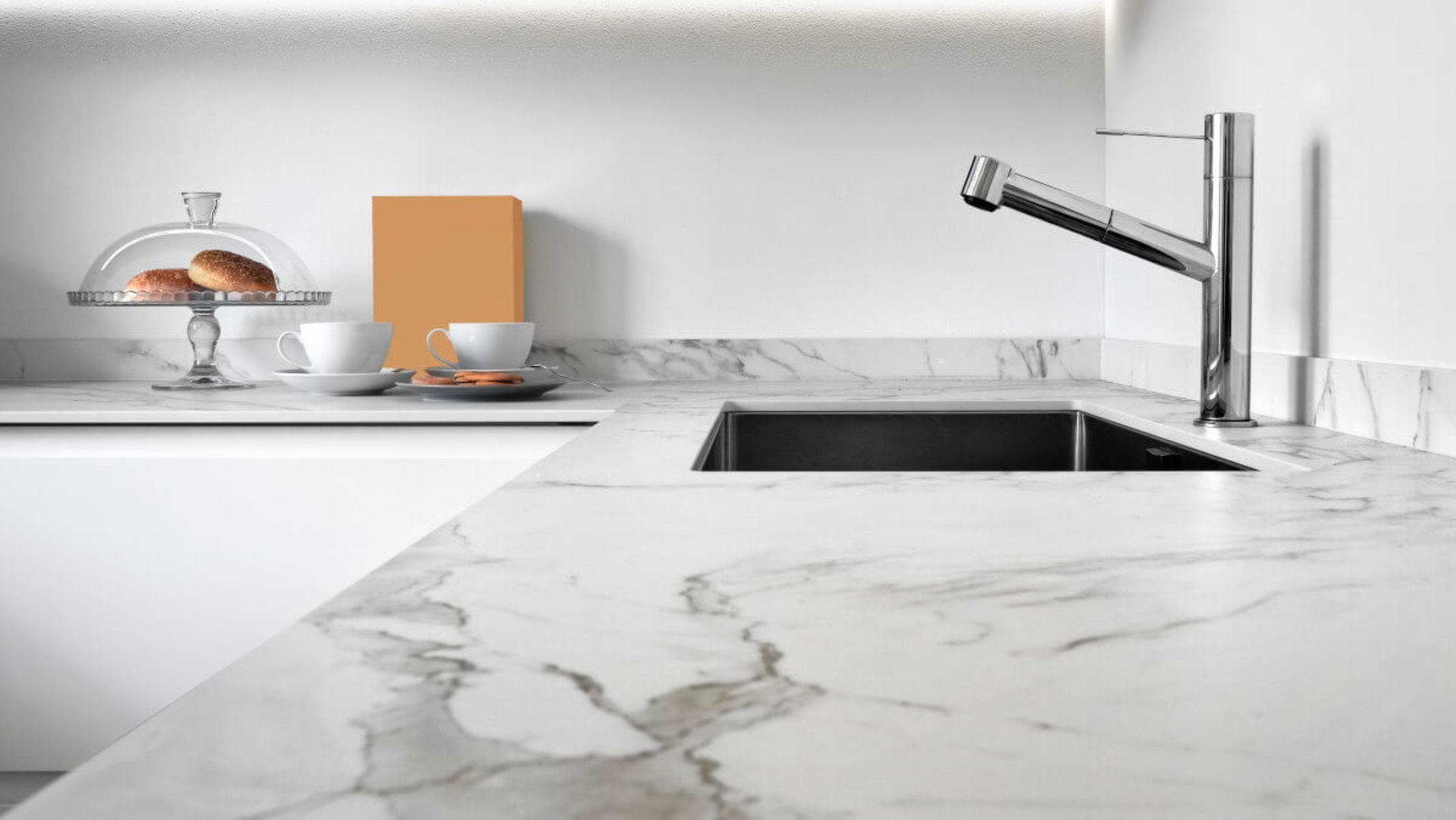
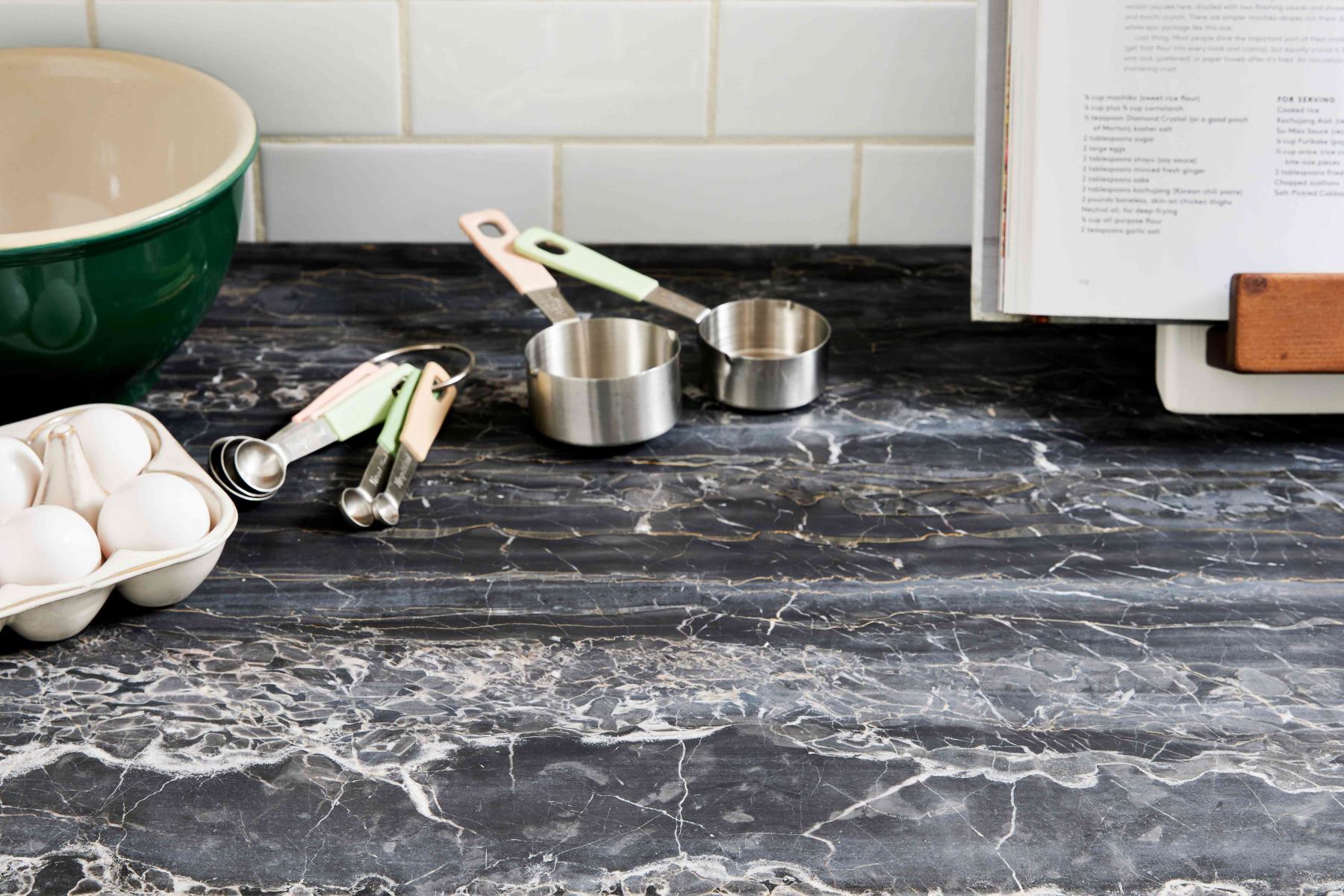
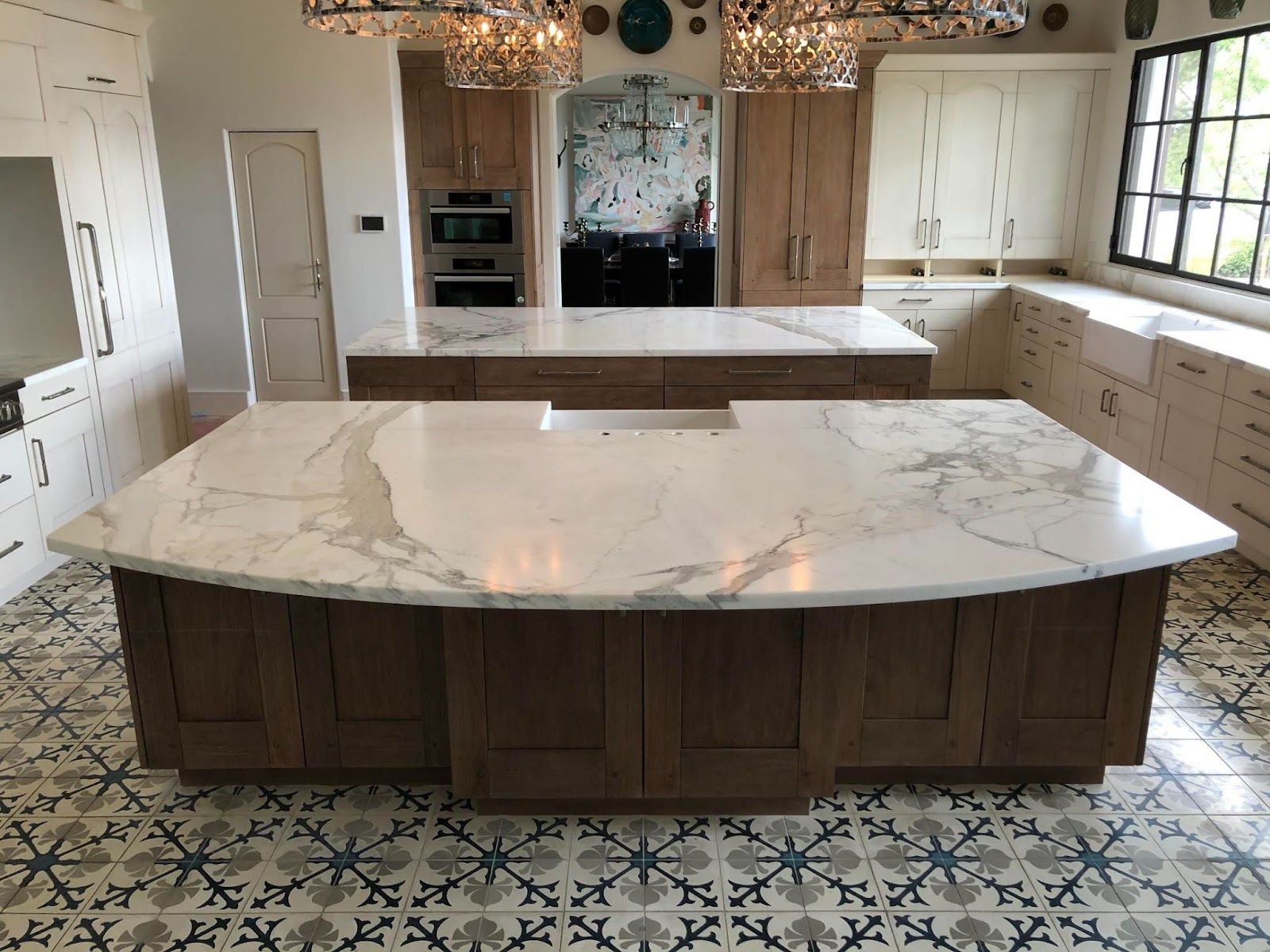
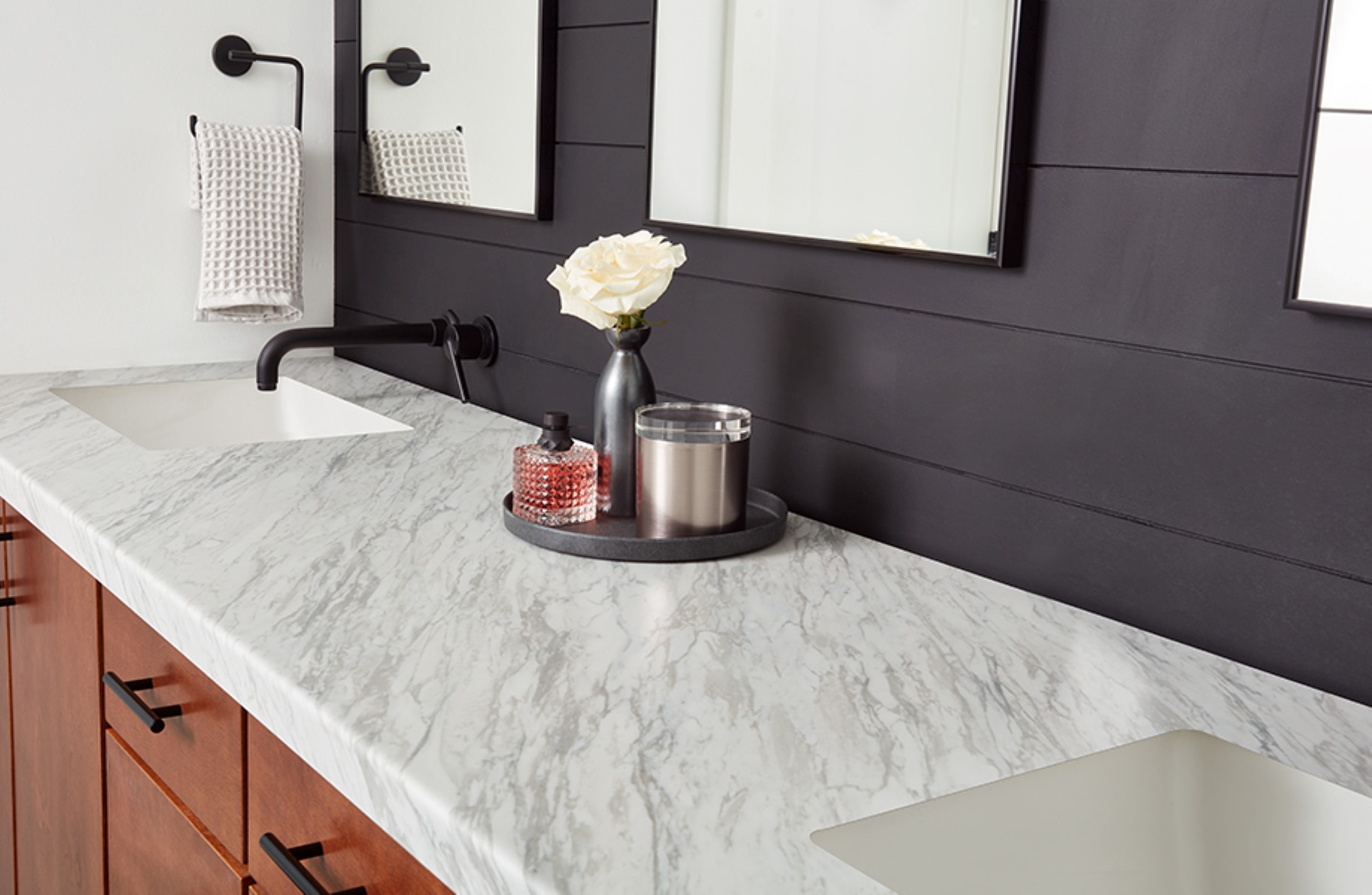
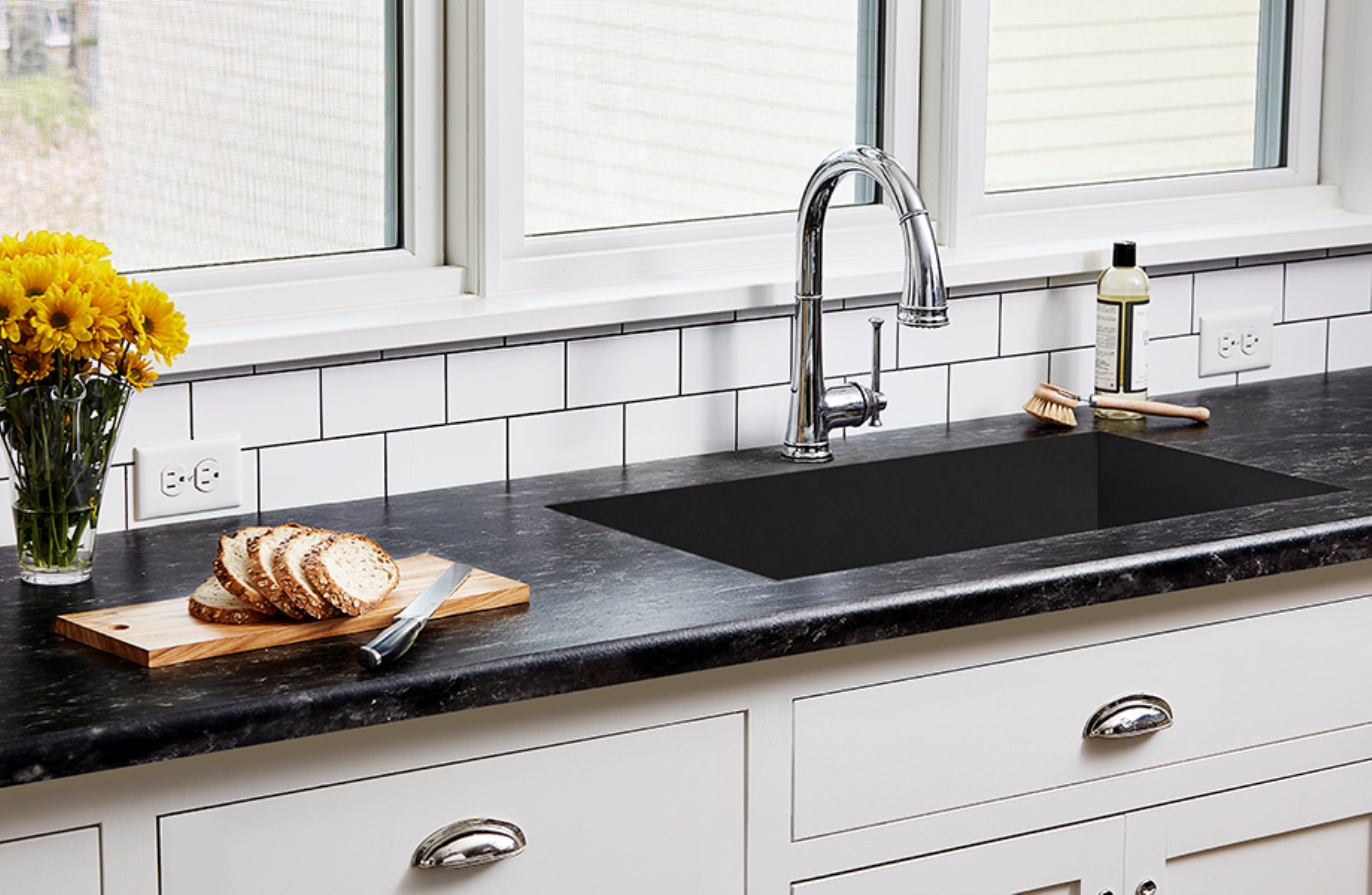
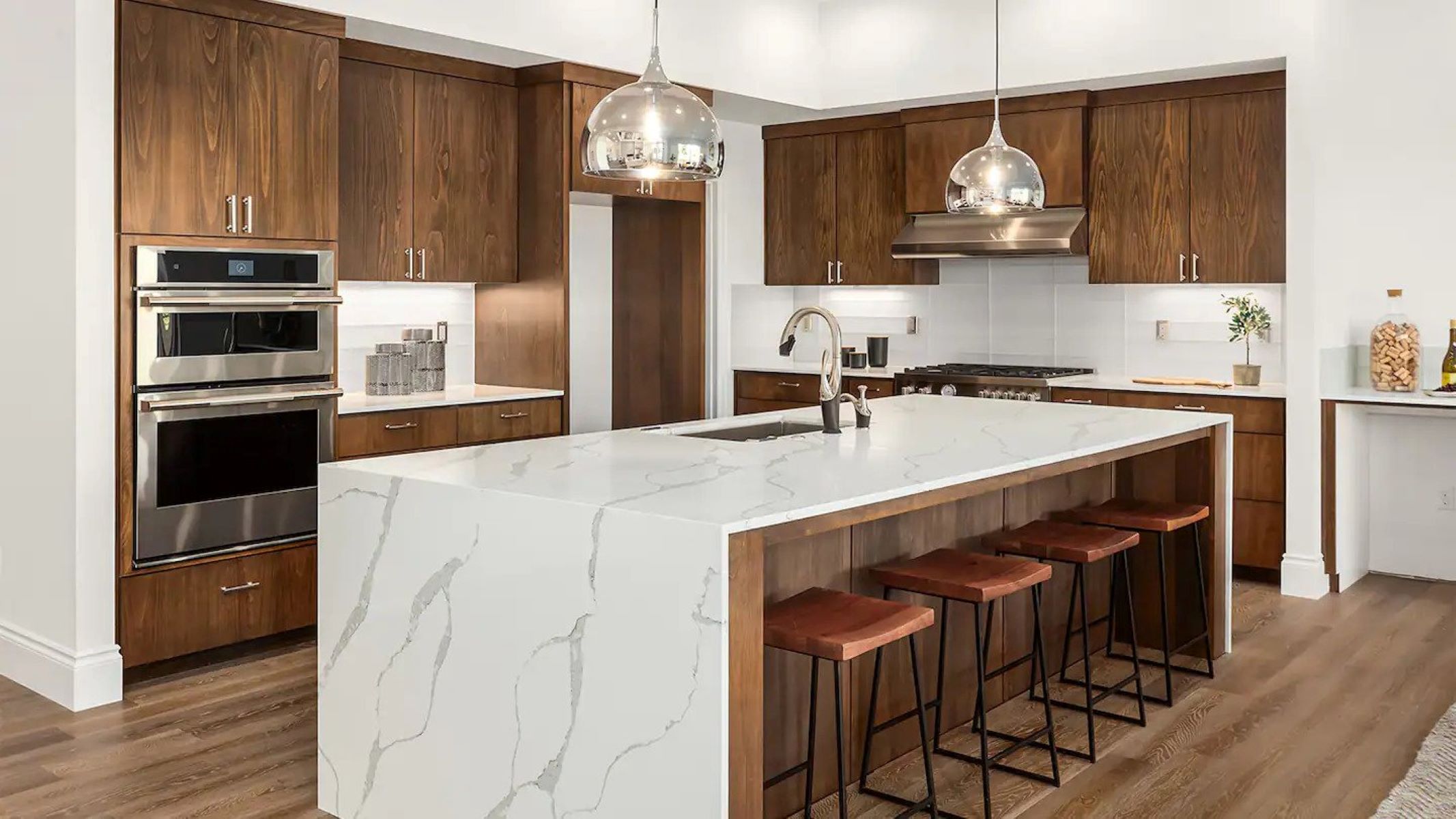
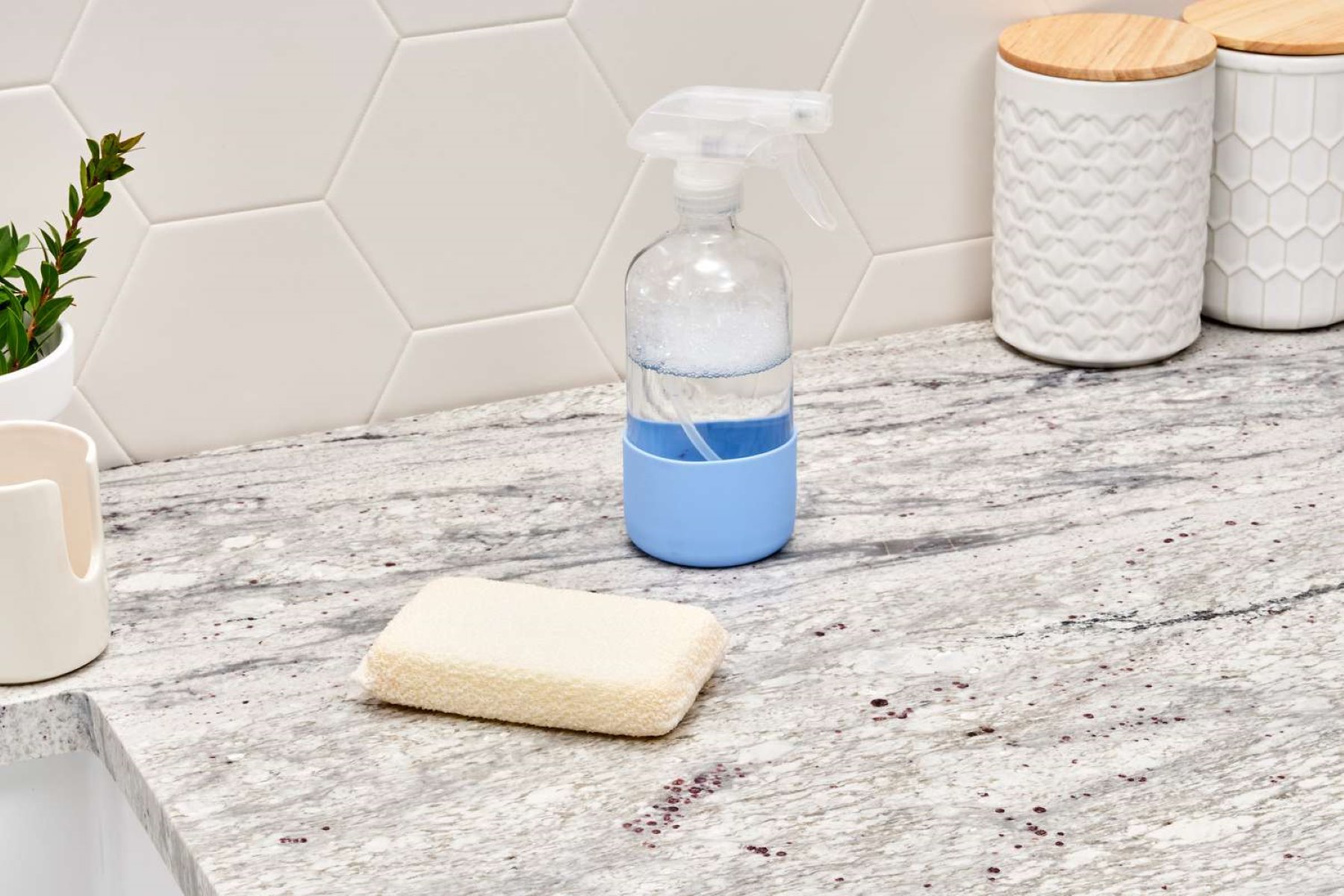

0 thoughts on “What Are Prefab Countertops”